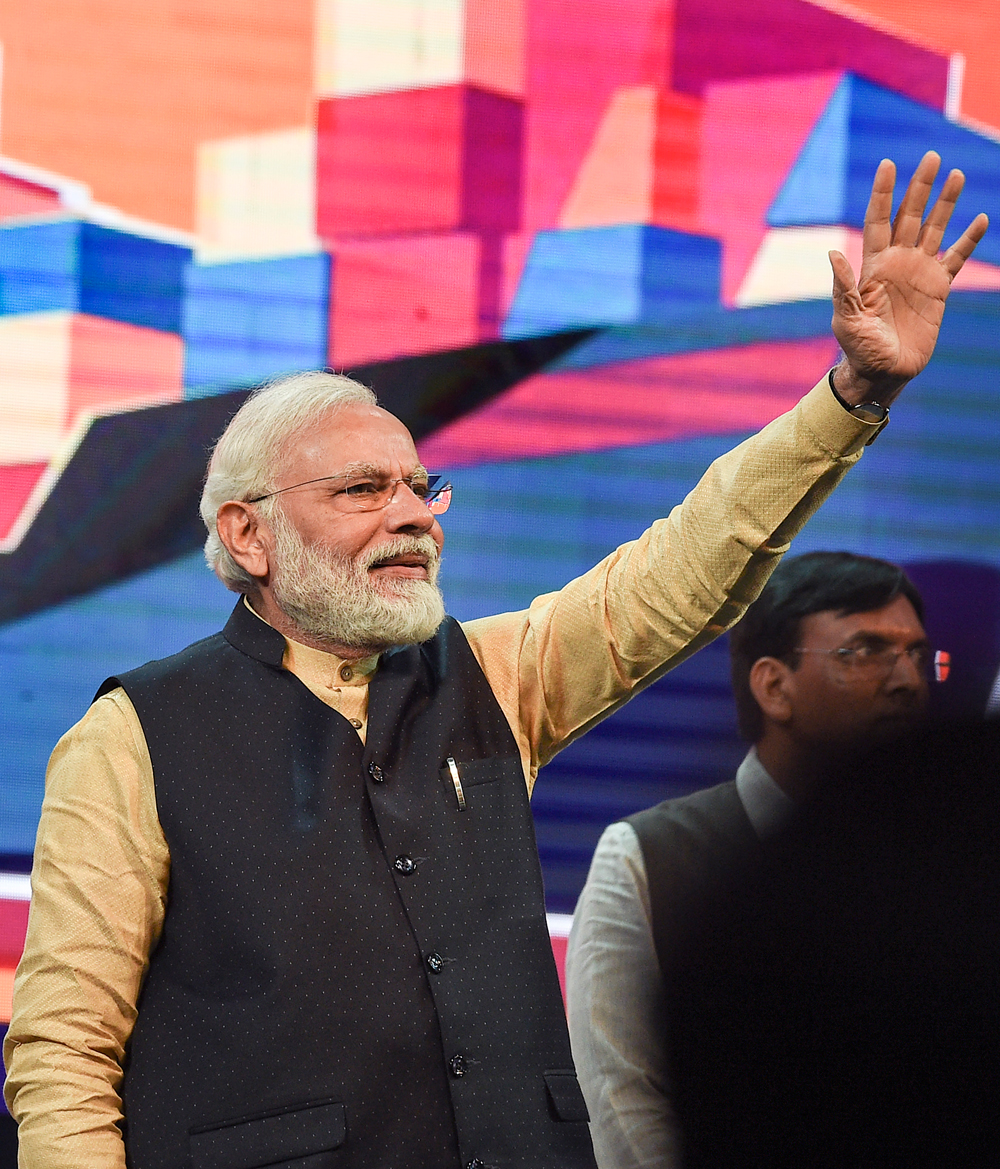The Narendra Modi government is now finding itself in the middle of a battle of perceptions at international fora over the Citizenship Amendment Act (CAA).
Late on Monday in India, human rights organisations are scheduled to brief the US Congress. Later this week, the Modi government will have to contain the impact of six resolutions that are expected to be taken up by the European Parliament.
Some members of the Indian diaspora, among which Modi has considerable support, have been protesting against the new citizenship law, Reuters reported on Monday. “It is still only a minority, but the disenchantment (in the diaspora) is real and deep,” said a 50-year-old sociologist who gave her name only as Nidhi to avoid straining relations with older relatives who attended the Howdy, Modi! rally in Houston last September.
Nidhi emigrated to the US when she was five and has taken part in demonstrations against the citizenship law in Texas. “If we as Indo-Americans don’t raise our voice, we are complicit,” she told Reuters.
On Monday, Indian Lok Sabha Speaker Om Birla wrote to the president of the European Parliament, David Maria Sassoli, stating that as members of the Inter-Parliamentary Union, all should respect the sovereign processes of fellow parliaments.
Apart from explaining the provisions of the law, Birla asserted that it was inappropriate for any legislature to pass judgment on another.
Several US-based human rights organisations, along with the US Commission on International Religious Freedom (USCIRF), Amnesty International and Human Rights Watch, are slated to brief the US Congress.
The briefing is being jointly organised by Hindus for Human Rights (HfHR), Indian American Muslim Council, Council on American-Islamic Relations and Engage Action.
A situation report — prepared by the board members of HfHR after travelling to protest sites across India — will be shared at the Congressional briefing in the hope of more calls for repeal of the CAA from The Hill.
Moved by six different political groupings in the European Parliament, the draft resolutions together have the backing of 626 Members of the European Parliament (MEPs) in a house of 751. Even the mildest of the six resolutions — moved by European Conservatives and Reformists (ECR) — states that the CAA and the domestic unrest across the country is “jeopardising India’s international image and internal stability”.
There has been no official word from the external affairs ministry on the six resolutions that have been moved in the European Parliament despite them having the support of over 80 per cent of the members.
But sources said in private that CAA was an internal matter and a legislation adopted by “due process and through democratic means” after a discussion in Parliament. The sponsors and supporters of the resolutions are welcome to engage with the government to get a full and accurate assessment of the facts before they proceed further, the sources added.
The European Union, for its part, sought to distance itself from the resolutions — underscoring that they are just drafts.
It pointed out that the opinions expressed by the European Parliament and its members do not represent the official position of the EU, which is preparing to host its 15th summit with India in Brussels on March 13.
The Members of the European Parliament (MEPs) who are backing these resolutions are not just from liberal, Left-of-the Centre politics.
One of the resolutions has been moved by the Centre-Right European People’s Party which is also the largest group in the European Parliament.
The PPE resolution expresses concern about the CAA and the wide range of negative consequences that it might have for India’s international image and internal stability.
In the US, the latest protests were outside Indian diplomatic missions on Republic Day. A large proportion of the rallies attracted students, academics and religious minorities — groups that have long been worried by Modi’s rise.
A significant chunk of Indians abroad remain die-hard Modi supporters who have staged their own rallies in favour of the law.
Vijay Chauthaiwale, chief of the foreign affairs department of the BJP, told Reuters that the overall diaspora support was intact. “People believe in the conviction of Mr Modi. Some transient issue will not affect his popularity,” Chauthaiwale said.










